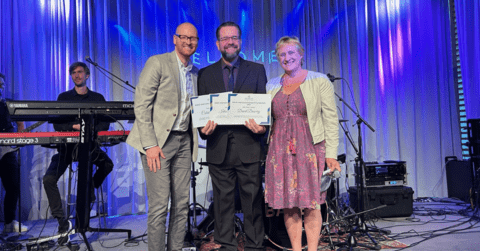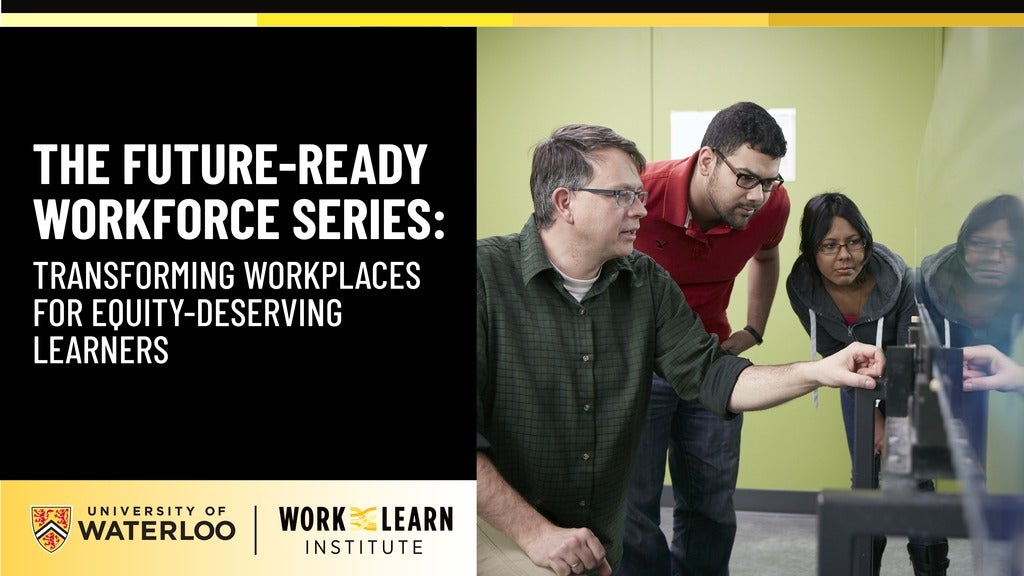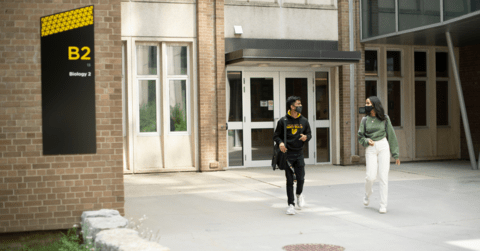Examining first-year co-operative education students’ responses to stressful events during the job search and application process
The job search is stressful—especially for first-year co-op students. New research explores how students respond to early work-integrated learning stressors and what helps them cope.









